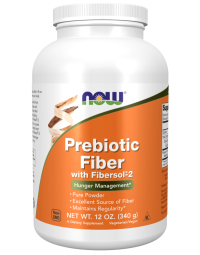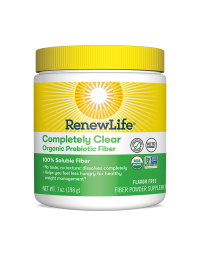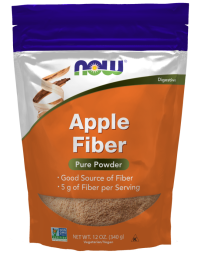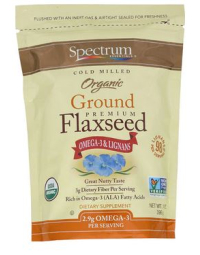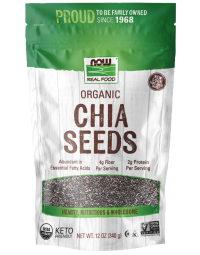Fiber is an essential nutrient that supports various bodily functions. It is a type of carbohydrate that remains undigested by the body's enzymes, allowing it to pass through the digestive system largely intact. This unique trait is what gives fiber its numerous health benefits.
The role of fiber in maintaining a healthy digestive system is paramount. It aids in regulating bowel movements, preventing constipation, and promoting regularity. Additionally, fiber can help manage healthy cholesterol and blood sugar levels, and promote satiety, which can assist in weight management. Furthermore, fiber acts as a prebiotic, nourishing beneficial bacteria in the gut and supporting a healthy gut microbiome.
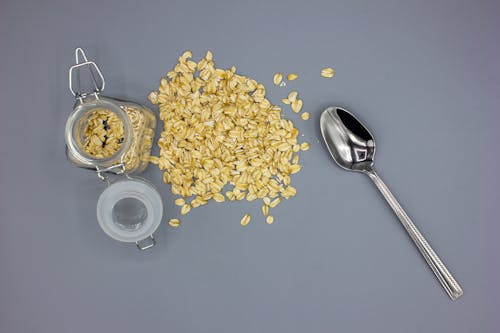

Types of Fiber
Fiber can be divided into two main types: soluble fiber and insoluble fiber. Both types are crucial for a healthy diet and contribute to overall well-being in different ways.
Soluble fiber dissolves in water and forms a gel-like substance in the digestive system. This type of fiber helps slow digestion, promotes a feeling of fullness, and aids in preventing sudden spikes in blood sugar levels. Foods rich in soluble fiber include oats, barley, legumes, fruits (such as apples and oranges), and vegetables (such as carrots and broccoli). Furthermore, psyllium husk is a popular soluble fiber option.
In contrast, insoluble fiber does not dissolve in water and adds bulk to the stool, aiding in regular bowel movements. This type of fiber can assist in bowel motility more than soluble fiber. Insoluble fiber can be found in whole grains, nuts, seeds, wheat bran, and the skins of fruits and vegetables. Additional insoluble fibers include flaxseed and pea fiber.
To ensure a balanced intake of fiber, it is important to consume a variety of foods rich in both soluble and insoluble fiber. Foods particularly high in soluble fiber include chia seeds, lentils, and Brussels sprouts. For a good source of insoluble fiber, consider incorporating whole wheat bread, brown rice, almonds, and green leafy vegetables like kale and spinach into your diet.
Health Benefits of Fiber
Fiber plays a critical role in maintaining good health, and its benefits extend beyond promoting digestive regularity. Here are some key health advantages of fiber:
Digestive health and regularity: Fiber is essential for a healthy digestive system. It adds bulk to the stool, making it easier to pass through the intestines. This helps prevent constipation and promotes regular bowel movements.
Management of blood sugar levels: Soluble fiber, found in foods like oats, beans, and fruits, can help support healthy blood sugar levels. It slows down the absorption of sugar into the bloodstream, promoting a balanced blood sugar response.
Weight management and satiety: High-fiber foods tend to be more filling and can help control appetite. Fiber adds bulk to your meals, promoting a feeling of fullness and reducing the likelihood of overeating. It also slows down the digestion process, keeping you satisfied for longer periods and preventing unnecessary snacking.
By incorporating fiber-rich foods into your diet, you can enjoy these remarkable health benefits. Start by including whole grains, fruits, vegetables, legumes, and nuts in your meals to increase your fiber intake. Remember, a healthy lifestyle begins with a well-balanced diet.




